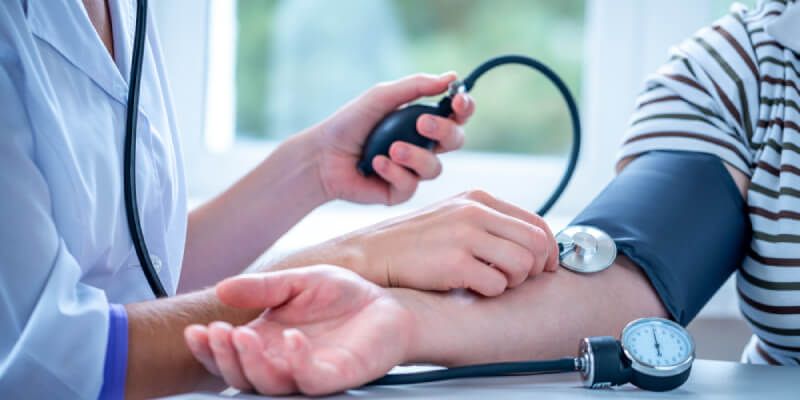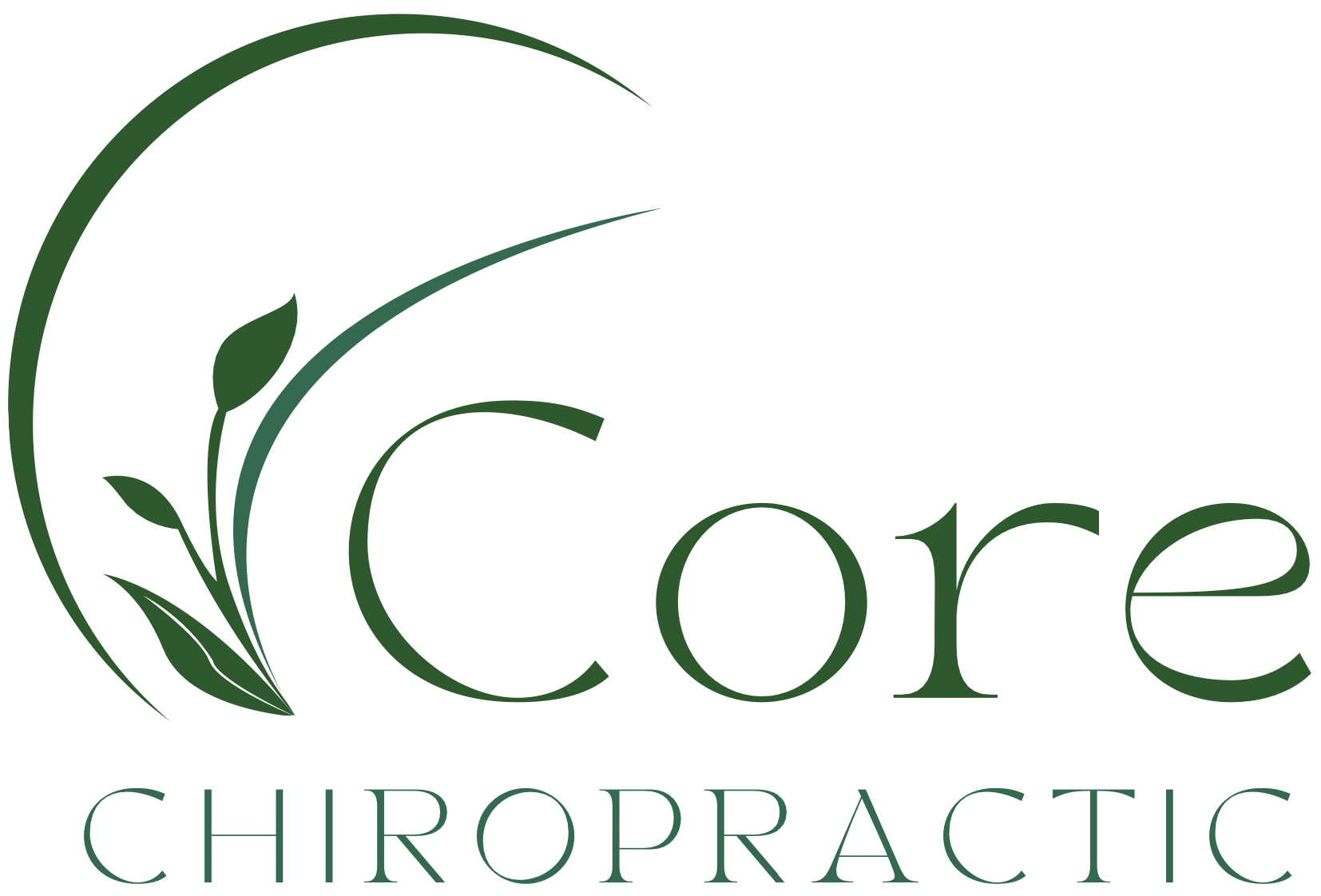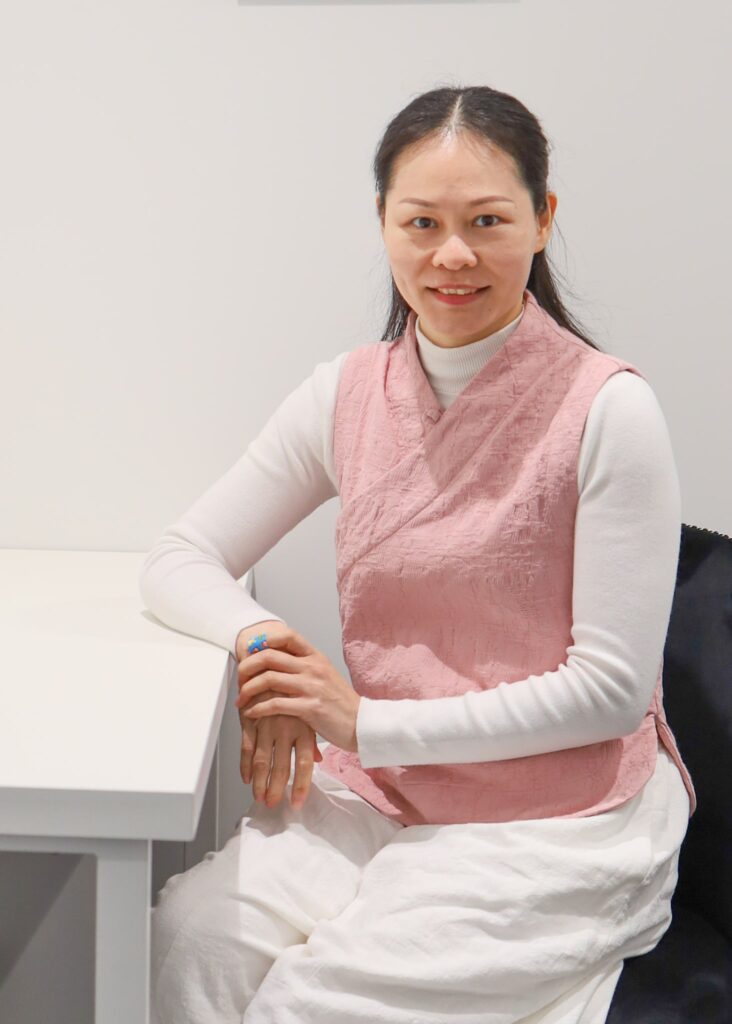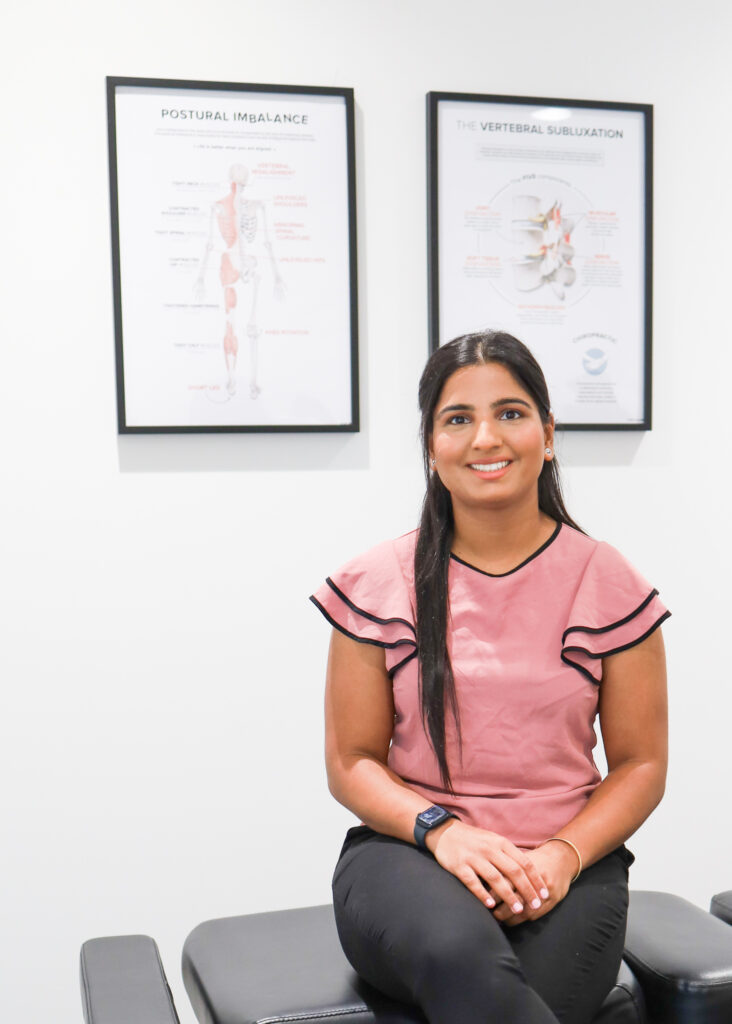Hypertension: causes, symptoms and treatment
Hypertension, also known as high blood pressure, it is a common condition in which the
force of your blood against your artery walls is too high. It is known as the silent killer
because many people are not aware if they have this condition. Blood pressure is calculated
by the amount of blood your heart pumps and the amount of resistance to blood flow in
your arteries. The more blood your heart pumps and the narrower your arteries, the higher
your blood pressure. A blood pressure reading is given in millimetres of mercury (mm Hg).
There are two numbers which indicates systolic and diastolic pressure. Systolic pressure is
the maximum pressure the heart exerts while beating whereas diastolic pressure is the
amount of pressure in the arteries between beats. According to the New Zealand Heart
Foundation, ideal blood pressure should be 120/75mmHg or less, while high blood pressure
can be a 140/90 mmHg or above. Hypertension can be classified into mild, moderate and
severe. Mild hypertension is defined as clinic blood pressure measurement of ≥140/90
mmHg. Moderate hypertension is defined as a clinic blood pressure measurement of
≥160/100 mmHg. Severe hypertension is defined as a systolic pressure of ≥180 mmHg, or a
diastolic pressure of ≥110 mmHg.
Hypertension has many risk factors, including age, the risk of high blood pressure increases
with age. As a person ages, the vascular system changes. The elasticity of heart and blood
vessels reduce causing them to become stiffer and less complaint. As a result, blood
pressure increases. Family history or genetical link may also play a part. Being overweight
or obese can also increase the risk of hypertension due to more blood required to supply
oxygen and nutrients to your tissues. People who are inactive also at higher risk of
hypertension due to higher heartbeat. The higher the heartbeat, the harder your heart
muscle work with each contraction which leads to higher blood pressure. Another factor
may include is diet. Diet consist of too much sodium or too little potassium can also increase
the blood pressure due to body’s inability to retain fluid. High level of emotional stress can
also lead to temporary increase in blood pressure. There are no specific symptoms
associated with mild hypertension however, symptoms of moderate to severe Hypertension
may include severe headaches, nosebleed, fatigue or confusion, vision problems, chest pain,
difficulty breathing, irregular heartbeat, blood in the urine and pounding in your chest, neck
or ears. If the symptoms are severe, it required immediate medical attention. Treatment for
hypertensive crisis may include hospitalization for treatment with oral or intravenous
medications.
High blood pressure can damage your blood vessels which can further lead to many
complications. These complications include heart attack; Hight blood pressure damages
arteries that can block or prevent flow of blood to the heart muscles. Angina condition
which leads to chest pain caused by the reduced blood flow to the heart. Stroke which is a
brain attack due to the clot formation and sudden interruption of the blood supply to your
plan which can cause permanent damage. Heart failure due to the high blood flow, the
heart muscles doesn’t pump blood as well as it should. it increases workload and cause
heart to enlarge and fail to supply blood to your body. Kidney disease and/or failure due to
interference with the ability to filter blood effectively which can damage the arteries around
your kidney. Peripheral artery disease due to the narrowing of arteries in your legs, arms, stomach and head, causing pain or fatigue. Metabolic syndrome is a group of disorders of your body's metabolism, including increased waist size, high triglycerides, decreased high-density lipoprotein, cholesterol, high blood pressure and high insulin levels. These
conditions make you more likely to develop diabetes, heart disease and stroke.

If anyone experience the above listed symptoms, it is essential to see a doctor due to higher
risk of heart attack or another serious health condition. If you have high blood pressure, your
doctor might recommend that you monitor it more often at home. Your doctor will also
recommend making lifestyle changes along with medications to lower your blood pressure.
Your doctor will likely recommend more-frequent readings if you've already been diagnosed
with high blood pressure or have other risk factors for cardiovascular disease. Lifestyle changes
plays an important role in managing your high blood pressure. If you successfully control your
blood pressure with a healthy lifestyle, you might avoid, delay or reduce the need for
medication.
Along with lifestyle changes, medication can also be recommended to treat or lower the risk of hypertension. Usually, doctor recommends a lower dose to start with. These medications may include diuretics, beta-blockers, alpha blockers, calcium channel blockers, vasodilators, angiotensin-converting enzyme inhibitor and central agonists. The choice of medication will depend on your age, ethnicity, health conditions and medical history. These medications
can cause mild to moderate side effects. Alpha blockers medication side effects may include dizziness and fast heart rate. Calcium channel blockers medication side effects include constipation, dizziness, headache, irregular/ rapid heartbeat and swollen ankles. Central agonists medication side effects may include anaemia, constipation, drowsiness, dry mouth, fever and erection problems. Vasodilator medication side effects may include excessive hair growth, fluid retention, headaches, joint ache and pain.
Hypertension is a very important disorder in today’s world due to the associated
cardiovascular complications. There is a need of more public awareness in terms of the risk
and management of this disorder. Educating the community and helping them towards a
healthy lifestyle can also help in the prevention of this disorder and a better healthy future.




